Tylan Soluble Powder 100 gm for Cats: Complete Guide to Dosage, Benefits, and Safe Use
Caring for a cat with chronic diarrhea, respiratory infections, or gastrointestinal disorders can be frustrating and emotionally taxing for pet owners. Tylan Soluble Powder 100 gm, originally designed for livestock, has found a place in feline veterinary medicine for treating a range of infections, especially chronic enteropathies. When prescribed and used under veterinary supervision, Tylan can be a safe and effective solution to persistent ailments that don’t respond to conventional treatment.
What Is Tylan Soluble Powder 100 gm?
Macrolides are known for their ability to inhibit protein synthesis in susceptible bacteria, making them effective against Gram-positive organisms and Mycoplasma species.
Key Ingredients:
- Active Ingredient: Tylosin tartrate
- Form: Water-soluble powder
- Intended Use: Originally for poultry and swine, but often prescribed off-label for cats.
Indications of Tylan Soluble Powder 100 gm for Cats
Tylan Soluble Powder 100 gm is commonly prescribed off-label by veterinarians for specific gastrointestinal and respiratory conditions in cats. Although developed for livestock, it is often effective in managing persistent feline health issues when used correctly.
1. Chronic Diarrhea
It works by controlling bacterial overgrowth, especially Clostridium perfringens, and reducing intestinal inflammation.
2. Inflammatory Bowel Disease (IBD)
In cats with IBD, Tylan offers mild anti-inflammatory benefits and helps control gut bacteria that may worsen symptoms. It’s often used when corticosteroids are contraindicated or as a supportive treatment.
3. Colitis
Tylan helps reduce inflammation in the colon caused by bacterial irritation, leading to improved stool consistency and reduced straining, urgency, and mucus.
4. Small Intestinal Bacterial Overgrowth (SIBO)
In cases of SIBO, Tylan helps suppress abnormal bacterial populations in the small intestine, restoring normal digestion and absorption.
5. Respiratory Infections (Off-Label Use)
Though not a first-line treatment, Tylan may be used in respiratory infections caused by Mycoplasma spp. or Bordetella bronchiseptica, particularly when other antibiotics are unsuitable.
6. Post-Antibiotic Digestive Upset
After prolonged antibiotic use, some cats experience GI upset. Tylan helps restore balance in the gut microbiome, especially when combined with probiotics.
7. Antibiotic-Responsive Enteropathy
Tylan is sometimes used to treat antibiotic-responsive enteropathies, a condition where chronic gastrointestinal issues resolve specifically with tylosin, after ruling out other causes.
Pharmacological Action
It is bacteriostatic, meaning it halts bacterial proliferation without necessarily killing the organisms outright. This action is particularly useful in treating chronic infections where complete bacterial eradication isn’t always feasible.
Dosage and Administration of Tylan Soluble Powder 100 gm for Cats
Tylan Soluble Powder 100 gm, though originally designed for livestock, is commonly used off-label in cats under veterinary supervision, especially to manage chronic diarrhea, colitis, or suspected bacterial enteropathies. Due to its concentration and bitter taste, proper dosing and careful administration are critical.
General Guidelines
- Formulation: Tylan is a highly concentrated powder; cats require small, carefully measured doses.
- Route: Oral – either mixed with food or given in a compounded capsule or liquid suspension.
- Duration: Typically administered for 7 to 30 days, depending on the condition and clinical response.
Typical Dosage Based on Weight
| Cat Weight | Dose (Tylosin Base) | Frequency | Notes |
| < 2 kg | 25–50 mg | Once or twice daily | Start with lowest effective dose |
| 2–4 kg | 50–75 mg | Once or twice daily | Divide dose for improved tolerance |
| 4–6 kg | 75–100 mg | Once or twice daily | Mix well with food or use capsule |
| > 6 kg | 100–125 mg | Once or twice daily | Consult vet for tailored adjustments |
Always follow your veterinarian’s exact prescription.
Preparation and Administration Methods
Due to its bitter taste, cats often reject food or water containing unmasked Tylan. The following administration techniques are commonly used:
1. Compounded Capsules (Preferred)
- Veterinarians or pharmacies can prepare pre-measured capsules.
- Easy to administer using a pill popper or wrapped in a treat.
2. Mixing with Wet Food
- Mix the dose with strongly flavored wet food (e.g., tuna, sardines, liver pâté).
- Ensure the cat consumes the entire portion.
- Avoid dry kibble unless moistened.
3. Oral Suspension
- A veterinary pharmacy can compound a flavored liquid suspension.
Timing and Monitoring
- Give with food to reduce stomach upset.
- Administer at consistent times daily for best results.
- Monitor for signs of improvement (firmer stools, reduced frequency) within 3–5 days.
- Watch for adverse effects like vomiting, loss of appetite, or drooling.
Important Tips
- Do not mix in drinking water – Cats are sensitive to taste and may stop drinking entirely.
- Prevent Partial Dosing – After administration (especially in food), observe your cat for 20–30 minutes to ensure the full dose is ingested.
- Never abruptly stop treatment – Finish the full course unless your vet advises otherwise.
How Long Does Tylan Take to Work in Cats?
Many cat owners observe improvement in diarrhea within 2–3 days, but chronic cases might require treatment for several weeks. Long-term use should be supervised due to the risk of antibiotic resistance and microbiome disruption.
Benefits of Tylan Soluble Powder in Cats
Though originally developed for livestock, Tylan Soluble Powder 100 gm offers several important benefits when used off-label under veterinary supervision in cats:
1. Effective for Chronic Diarrhea
Tylan is highly effective at controlling persistent, idiopathic diarrhea in cats, especially cases unresponsive to dietary changes or probiotics.
2. Supports Gut Health
It helps regulate intestinal bacterial overgrowth, particularly Clostridium species, restoring balance in the gut microbiome.
3. Anti-Inflammatory Properties
Tylosin provides mild anti-inflammatory action, making it beneficial for cats with colitis or inflammatory bowel disease (IBD).
4. Fast Symptom Relief
Many cats show noticeable improvement within 3 to 5 days of starting treatment, reducing discomfort quickly.
5. Alternative to Steroids
For cats that cannot tolerate corticosteroids, Tylan offers a safer antibiotic-based approach for managing GI inflammation.
6. Cost-Effective
Tylan is relatively affordable compared to other long-term GI treatments or prescription diets.
7. Customizable Dosing
Because it’s available as a powder, vets can easily tailor the dose for cats of all sizes, often using compounded capsules or flavored suspensions.
Possible Side Effects and Risks
While Tylan Soluble Powder 100 gm is generally well-tolerated in cats when prescribed correctly, certain side effects may occur:
Common Side Effects:
- Vomiting or Nausea – Often due to the bitter taste or gastrointestinal irritation.
- Excessive Drooling – Caused by the unpleasant flavor of the powder.
- Decreased Appetite – Cats may refuse food mixed with Tylan.
- Soft Stools or Mild Diarrhea – Possible during the adjustment phase or with high doses.
Rare or Serious Side Effects:
- Liver Enzyme Elevation – Possible with prolonged use; liver function monitoring is recommended.
- Allergic Reactions – Itching, swelling, or breathing difficulty (rare but serious).
- Microbiome Disruption – Long-term use can affect beneficial gut flora.
- Antibiotic Resistance – Risk increases if used without veterinary guidance.
Precautions and Warnings
To ensure safe and effective use of Tylan in cats, the following precautions should be observed:
Use Under Veterinary Supervision Only
Tylan is not FDA-approved for cats and should only be used off-label under a vet’s care. Improper dosing can lead to serious complications.
Not Recommended For:
- Pregnant or Nursing Cats – Safety has not been established.
- Cats with Liver Disorders – Risk of liver strain; avoid unless necessary.
Administration Tips:
- Use Flavor Masking or Capsules – Mix with strong-flavored food or request a compounded capsule.
- Prevent Licking and Partial Doses – Monitor your cat for 20–30 minutes post-feeding to ensure full ingestion.
- Avoid Long-Term Use Without Monitoring – Risk of resistance and GI flora imbalance.
Clinical Studies and Data: Efficacy of Tylan Soluble Powder 100 gm in Feline Treatment
Though not FDA-approved for cats, Tylan Soluble Powder 100 gm is supported by growing clinical evidence for its off-label use in feline gastrointestinal disorders.
1. Chronic Diarrhea & Enteropathy
Studies published in the Veterinary Internal Medicine Journal (2012) found tylosin effective in managing idiopathic chronic diarrhea, especially cases linked to Clostridium perfringens. Cats showed noticeable improvement within 3–5 days.
2. Inflammatory Bowel Disease (IBD)
Clinical reviews (e.g., Veterinary Clinics of North America, 2014) highlight tylosin’s anti-inflammatory and antibacterial benefits, making it a potential alternative to corticosteroids in feline IBD cases.
3. Antibiotic-Responsive Enteropathy
Though primarily documented in dogs, tylosin has shown success in cats with chronic GI symptoms that respond only to antibiotics, helping veterinarians identify antibiotic-responsive enteropathies.
4. Anecdotal Clinical Success
Veterinarians widely report positive outcomes in cats with colitis, small intestinal bacterial overgrowth (SIBO), and post-antibiotic gut issues when treated with tylosin.
5. Research Limitations
- Few feline-specific clinical trials
- Limited long-term safety data
- Need for pharmacokinetic studies in cats
Conclusion
Tylan Soluble Powder 100 gm has become a valuable off-label treatment option in feline medicine, particularly for managing chronic diarrhea, inflammatory bowel disease, colitis, and antibiotic-responsive enteropathies. While originally developed for livestock, its application in cats has shown promising results, especially when traditional treatments fall short. Despite limited feline-specific clinical trials, both veterinary experience and smaller studies support its use—highlighting its broad-spectrum antibacterial effects, mild anti-inflammatory properties, and quick symptom relief. However, because Tylan is not officially approved for cats, it must always be administered under veterinary supervision with careful attention to dosage, administration method, and duration.







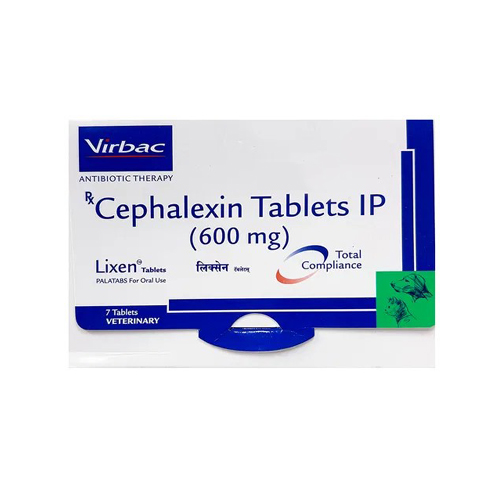
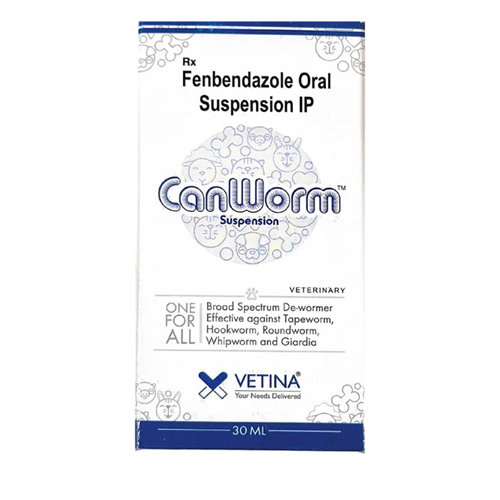



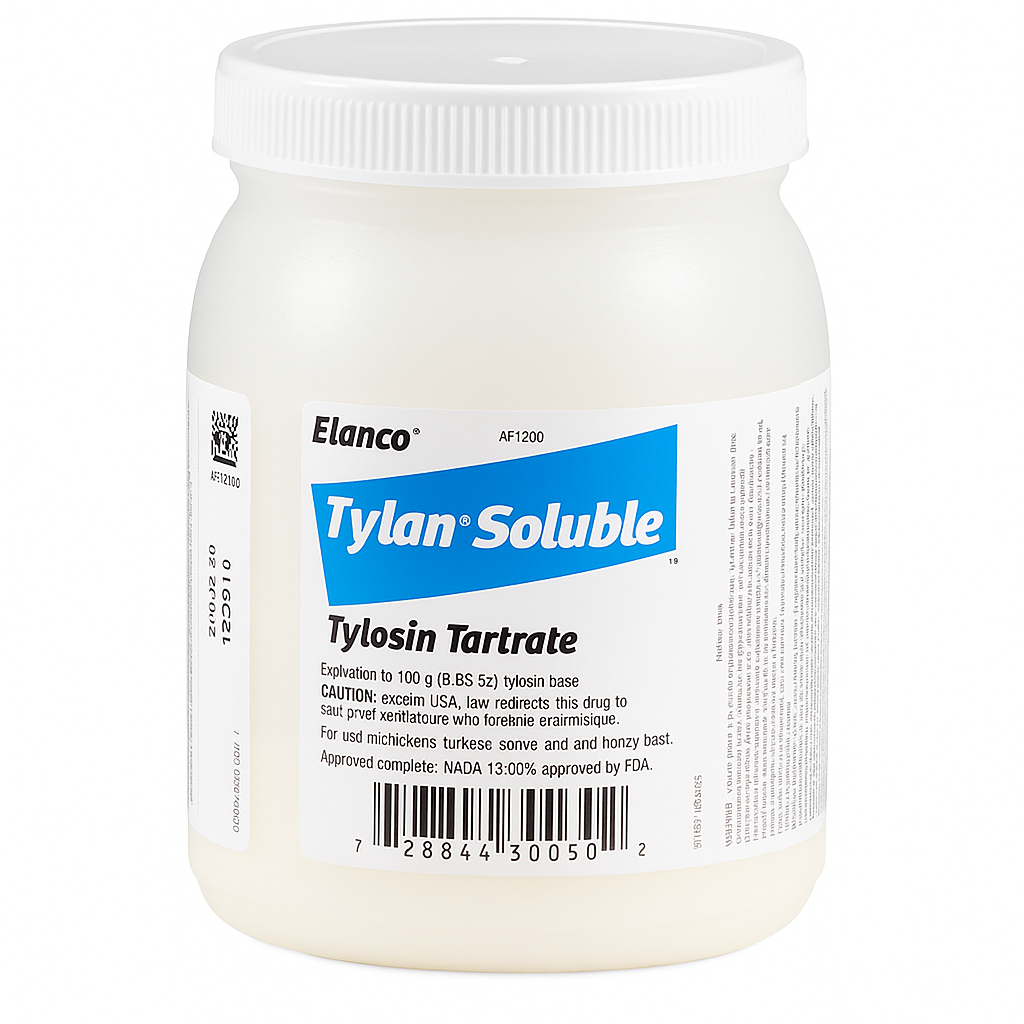
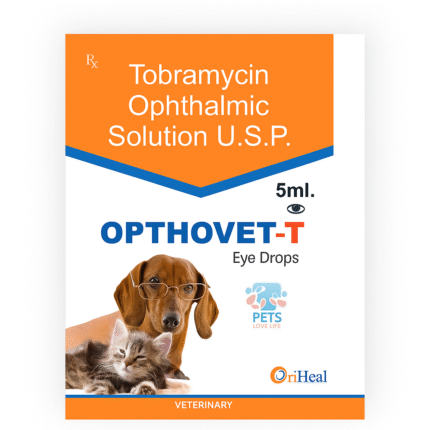
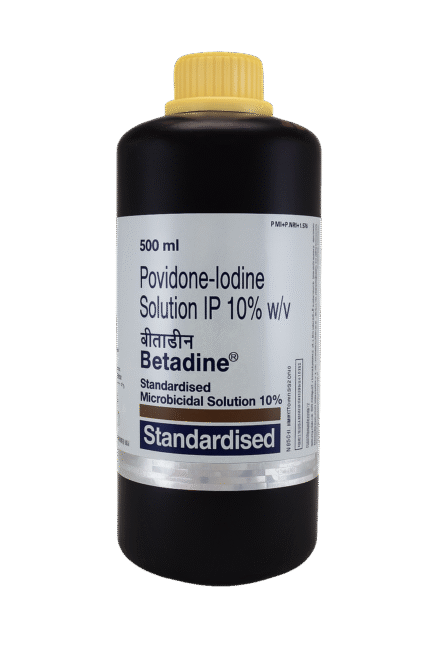
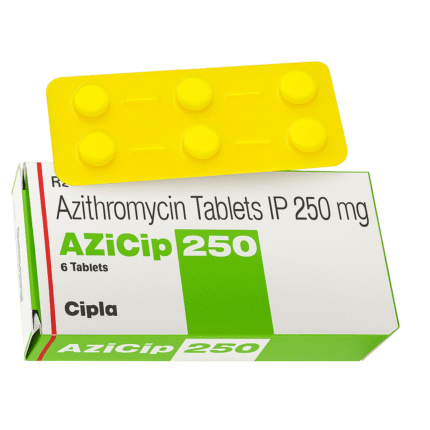
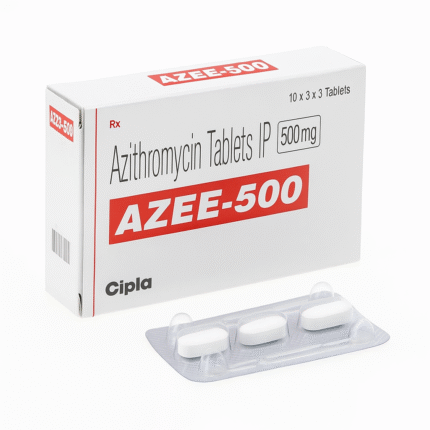
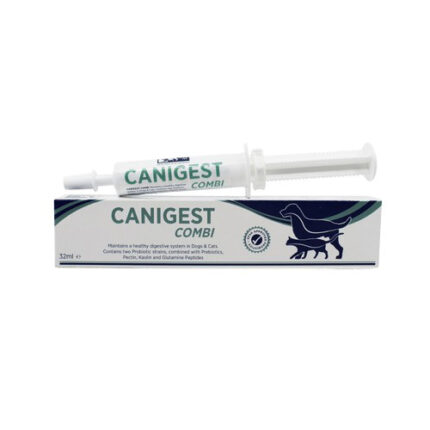
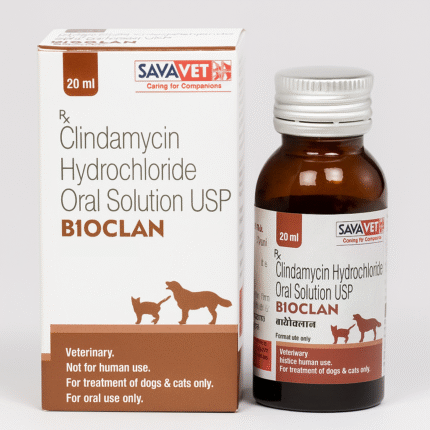
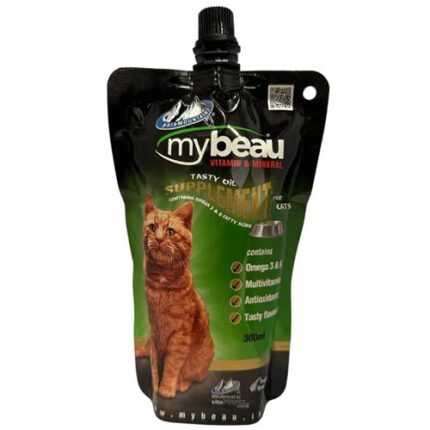
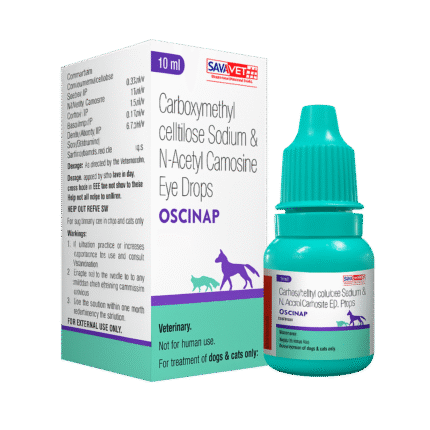
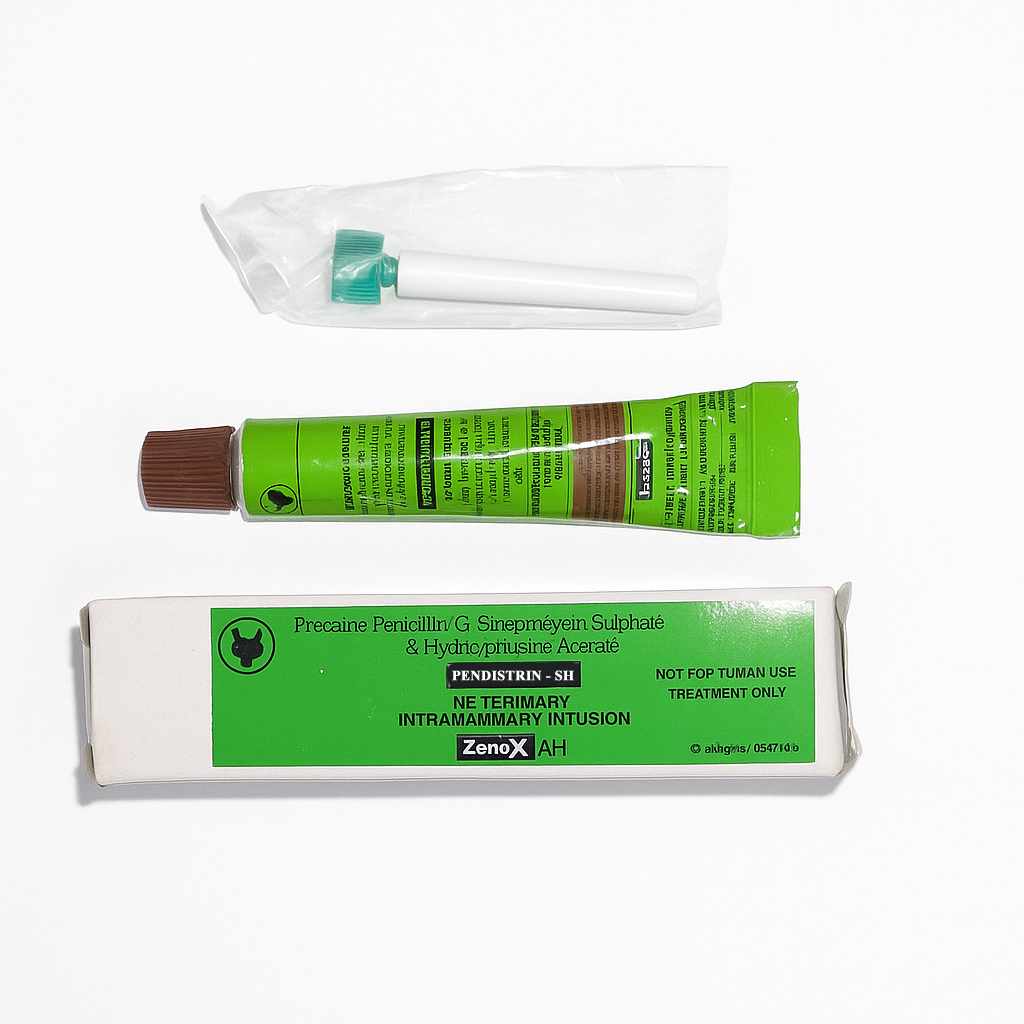
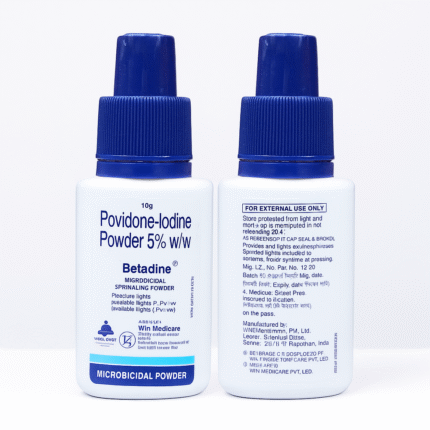
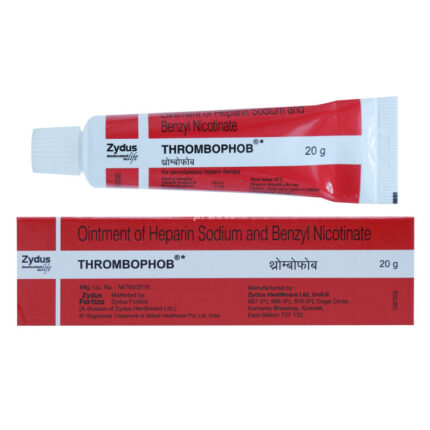
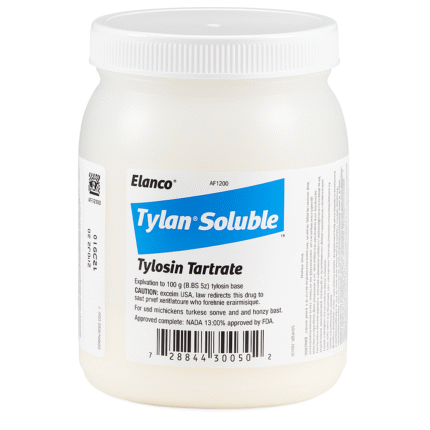
Reviews
There are no reviews yet.